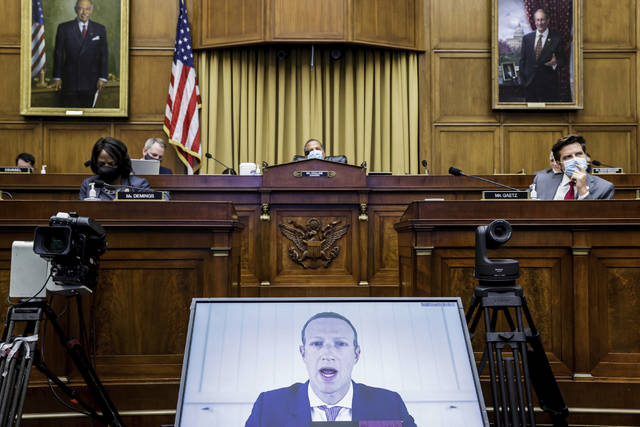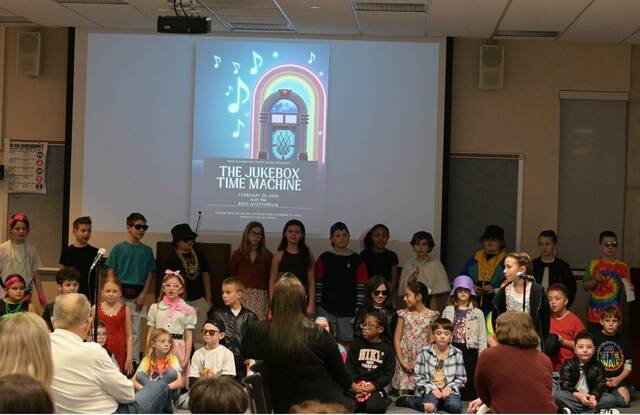We need our news.
Communicating information about what is happening in our world and in our government, around the globe and around the corner, has been critical from the start.
The first newspaper in America was printed in Boston in 1690. The Hartford Courant is the oldest newspaper in the country, printing continuously since 1764. Newspapers played a role in the American Revolution and the Civil War. They helped educate the people during peacetime, economic trouble, epic expansion and industrial innovation. Journalism has let us grow together, mourn together and work together.
Now we have our news in our back pockets or desktops around the clock, so why has the industry’s revenue suffered when consumption is unprecedented?
Because of the difference between who creates the product and who distributes it. News publishers are held at a disadvantage to the technology platforms like Facebook and Google that share and promote links to the work produced, making money off advertising and consumer data for a product they never produced and didn’t purchase.
This is not a partisan issue. While news readers may have become accustomed to an us-vs.-them relationship between left- and right-leaning venues, all producers are in the same boat, and that boat needs a safe harbor.
Members of both parties in the federal government have recognized that with the Journalism Competition and Preservation Act introduced in the House of Representatives by Rep. David Cicilline (D-Rhode Island) and Rep. Doug Collins (R-Georgia) and counterpart Senate legislation from Sen. John Neely Kennedy (R-Louisiana) and Sen. Amy Klobuchar (D-Minnesota).
The point is to permit news organizations to enter into fair and collective negotiations with the tech giants like Google and Facebook who serve as outsized paperboys.
And the winner of those negotiations would be neither the platforms nor the papers. It would be the people.
One side of a bargain should never set all the rules, but that is what has happened with technology companies that not only make money off someone else’s work but control the way that work is presented and prioritized. More than that, they make most of the money, selling not only the clicks but the audience and their data.
They do this because they hold all the digital cards. This means readers suffer because publishers can become trapped in whirlpools where survival depends on providing the most clicks and not the best information.
The 330-year history of journalism in America should not be boiled down to a game of Monopoly with a few big-league players. That keeps newsrooms from doing the work that affects people every day, like holding school districts and city halls to account, or the deep dives that explore critical issues that can’t be boiled down to a clicky headline — like nursing home neglect or the balance between environment and economy.
All of this has degraded the relationship between news readers and publishers and rewarded low-quality “click-bait” over quality information from real journalists. It also has greatly reduced the financial ability of publishers to invest in newsrooms at a time when our society most needs great, substantive reporting.
The people deserve better. Information is too important. And the safe harbor bill has the power to make negotiations more fair. It should get the support of the people and their legislators.








